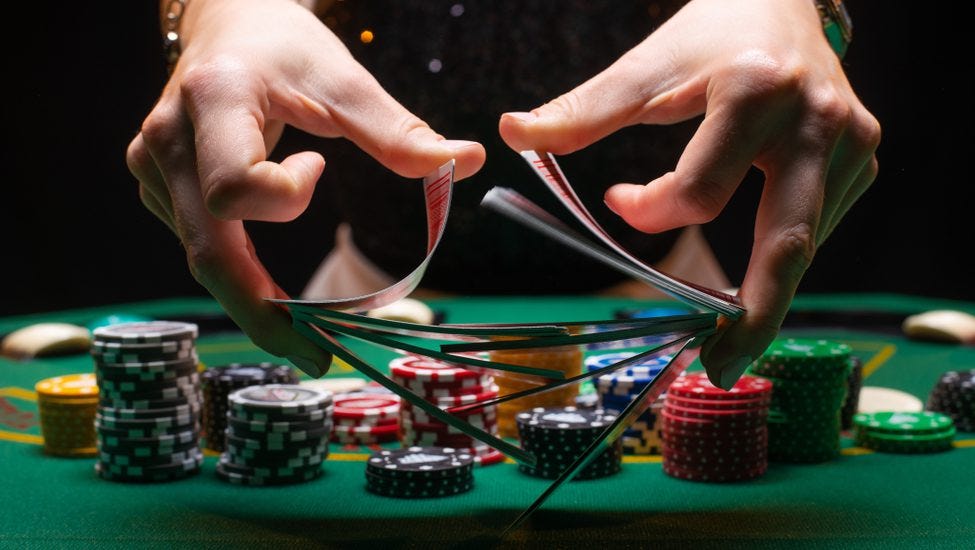Lotteries have been a popular form of gambling for centuries. They offer the tantalizing promise of turning a small investment into a life-changing fortune toto bet. However, anyone who’s ever bought a lottery ticket knows that the odds of winning are incredibly slim. In this blog, we’ll explore the mathematics behind lotteries and examine whether it’s possible to beat the odds.
Understanding the Basics
Before we dive into the math, let’s establish some basic concepts. Lotteries come in various forms, but they all share a common structure. Players purchase tickets that contain a set of numbers, and they hope that their combination of numbers matches the winning numbers drawn by the lottery organization. The more numbers you match, the larger your prize.
To illustrate, let’s consider a simple example: a 6/49 lottery, where players select six numbers from a pool of 49. The jackpot is won by matching all six numbers.
The Probability of Winning
The odds of winning a lottery can be calculated using probability theory. In a 6/49 lottery, there are a total of 13,983,816 possible combinations of six numbers. To calculate your chances of winning the jackpot, you can use the following formula:
�(�������)=1number of possible combinations=113,983,816≈0.0000000715
This means that your chances of winning the jackpot in a 6/49 lottery are roughly 1 in 13.98 million. To put it in perspective, you have a higher chance of being struck by lightning or becoming a movie star.
The Role of Expected Value
To determine whether playing the lottery is a good investment, we need to consider the concept of expected value (EV). The EV is a measure of the potential outcome of a gamble, factoring in both the probability of winning and the magnitude of the prize.
In the case of a lottery ticket purchase, the EV can be calculated as follows:
��=Probability of Winning×Prize Amount−Ticket Price
If the EV is positive, the game is considered to have a positive expected value, meaning that, on average, you should make a profit over the long run. However, for most lotteries, the EV is negative, indicating that, on average, players will lose money.
Strategies for Improving Your Odds
Given the extremely low probability of winning a lottery, is there any way to improve your odds? While you can’t change the basic mathematics, there are a few strategies you can consider:
- Pool Your Resources: Joining a lottery pool with friends or coworkers can increase your chances of winning. You’ll be able to purchase more tickets, covering more combinations, which increases your odds.
- Choose Less Popular Numbers: Some people believe that picking less common numbers might reduce the chances of sharing the prize. However, this is more superstition than a proven strategy.
- Play for Smaller Prizes: Instead of focusing solely on the jackpot, consider playing lotteries with smaller prizes. The odds of winning these smaller prizes are often better, providing a more frequent, albeit smaller, return on your investment.
- Set a Budget: Lotteries can be enticing, but it’s essential to establish a budget and stick to it. Don’t spend money you can’t afford to lose.
The Bottom Line
The mathematics of lotteries make it clear that they are not a rational investment. The odds of winning are minuscule, and the expected value is typically negative, meaning you’re more likely to lose money over time. While some people do get lucky and win life-changing sums of money, it’s important to remember that these cases are the exception, not the rule.
If you enjoy playing the lottery and view it as a form of entertainment, that’s perfectly fine. Just be aware of the mathematical realities and don’t count on hitting the jackpot as a reliable financial strategy. It’s always best to make sound financial decisions based on savings, investments, and responsible budgeting.
